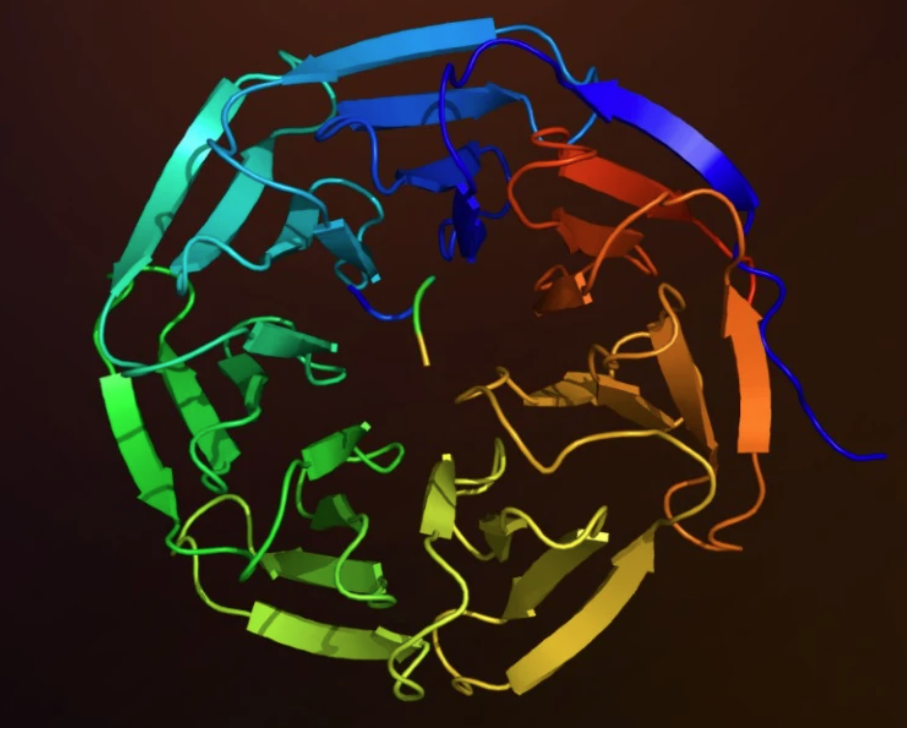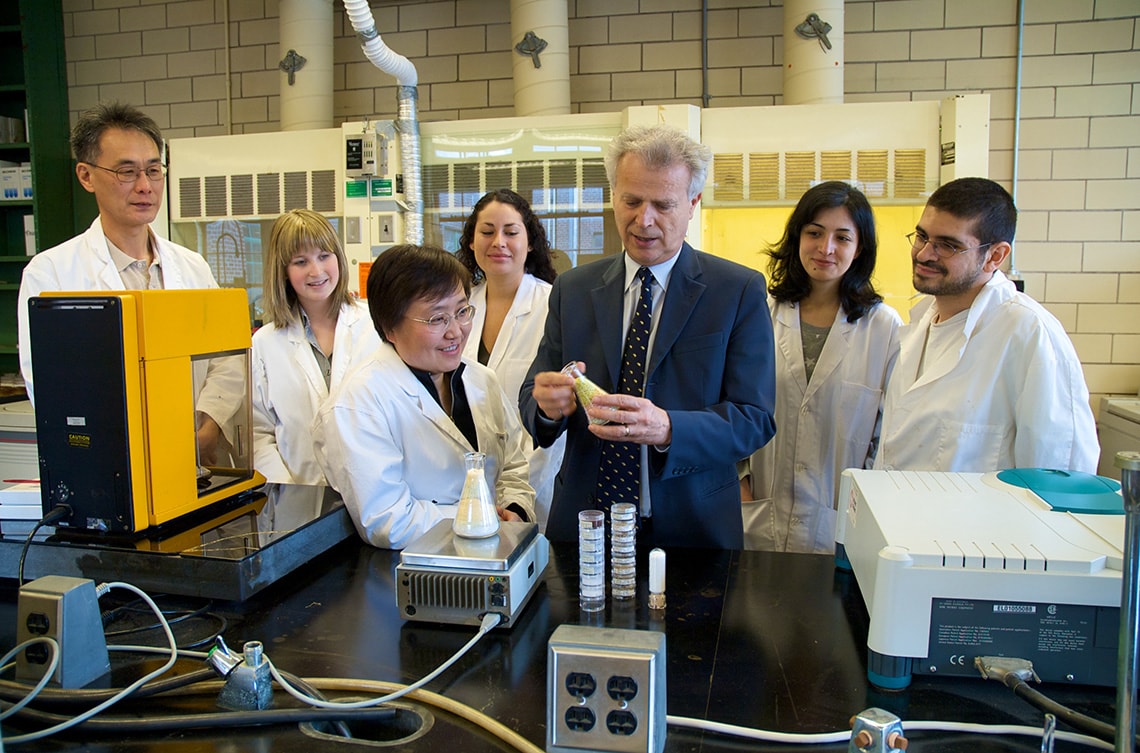
The University of Toronto (U of T) is deeply committed to its public role as a leader in the discovery, preservation and sharing of knowledge. Since the 1921 discovery of insulin at U of T by Frederick Banting, Charles Best, James Collip and J.J.R. Macleod, the university has built a culture of discovery and innovation that has significant impacts and socioeconomic benefits within Canada and around the world.
Researchers at U of T may employ various approaches to Open Science and discovery such that research results may be widely published to facilitate the translation of knowledge.
As described in the Institutional Commercialization Framework, the university provides numerous supports to ensure academic freedom, publication and open access to research results and data. These principles are important to help ensure research discoveries positively impact society whether it be in the development of new healthcare technologies or practices, environmental protections, or new technologies that support sustainability. In fact, one of the objectives outlined in the University of Toronto’s Inventions Policy is "… to facilitate the translation of knowledge for the greatest possible public benefit, including commercialization through development of inventions."
To help ensure research at U of T has global impacts, where appropriate, the institution seeks partnering and licensing strategies that promote global access principles for discoveries developed at the University.

To promote global access the following principles are promoted whenever possible.
- Information, research results and data are made publicly accessible
- Inventions are evaluated to determine if intellectual property protection is necessary in order to provide tangible benefits to society
- Licensing strategies will be employed to support the development of research results into new products and services
- Licensing strategies will be encouraged that promote global access principles, including the following.
- Non-exclusive licensing for research tools and platforms
- Seeking field-of-use or jurisdictional limitations in licenses and/or forgoing patenting in developing countries
- Accessing funding from for-profit, not-for-profit and charitable organizations that support global access principles
- Where possible, encourage licensees and partners that support accessible pricing models in developing world countries
- Ensuring the University retains the right to perform academic research and collaborations for all licensed technologies
For example, the Structural Genomics Consortium (SGC) makes knowledge from pharmaceutical research freely available for further research into health and drug discovery. Epigenetic probes, antibodies, vectors, plasmids and constructs are shared freely between corporate and academic members, all of whom have access to over 4,000 open access structures in the Protein Data Bank which contributes 12% of all known structural information for human proteins. This open access model has catalyzed over 40 industry drug discovery programs against multiple protein families.

Another example of public benefit is the research-based technique developed by Professor Levente Diosady to double fortify salt with iron and iodine to prevent anemia, affecting more than half of all women and pre-school children in developing countries. In a program supported by the Canadian Government, replacing the salt used in cooking school lunches for 3.5 million school children in India’s Tamil Nadu State with this double fortified salt reduced the number of anemic children by around one million since 2008. Building on this, the provision of double fortified salt to 18 million low-income families through a government-sponsored public distribution system in Uttar Pradesh state reduced the risk of iron deficiency by nearly 20%. Madhya Pradesh and Gujarat are now replicating this to benefit several million more underprivileged people.
- Support development of licensing strategies related to translating research results into new products and services
- Promote global access principles for discoveries developed at U of T



